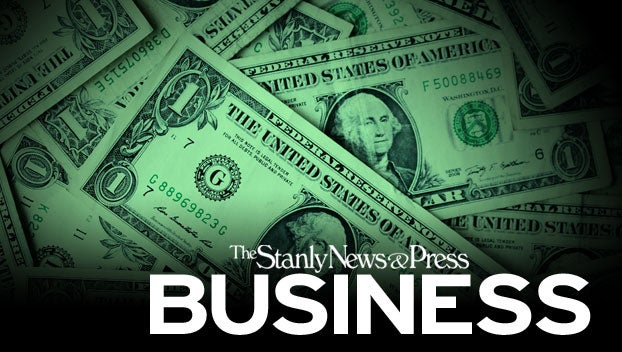BBB Scam Alert: Romance scam dupes daters with the promise of a ‘sugar momma’
Published 11:42 am Monday, January 22, 2024
|
Getting your Trinity Audio player ready...
|
From the Better Business Bureau:
If someone offers you money for nothing, there’s probably a catch, right? In this new twist on a romance scam, a con artist offers to become your “sugar momma” or “sugar daddy” and pay your bills. But according to recent BBB Scam Tracker reports, it’s really a way to trick victims out of money.
How the scam works:
You get a message through a dating or social media app from someone offering to be your “sugar momma” or “sugar daddy.” In exchange for your affection, they will pay you a “weekly allowance” of hundreds and sometimes thousands of dollars. The offer sounds too good to be true, but your benefactor seems legitimate – at first.
The scammer sends you a check or pretends to transfer money into your bank account or a peer-to-peer payment service like Cash App, PayPal, or Apple Pay. They tell you to keep most of the money as your “weekly allowance” – after you do them a small favor. The scammer asks you to transfer part of the cash to their needy friend, pay an outstanding bill, purchase a gift card or even donate to a charity that ends up being fake. Some victims even report that the scammers are asking victims to pay them back for transaction or processing fees, sometimes with Bitcoin.
“I believed that these checks were legit and the funds were real,” one victim told BBB Scam Tracker. “I ended up just sending my own personal money to these contacts … Which ended up
costing me $19,500.”
Watch out for other versions of this con, too. Some victims report that scammers claim to need access to their bank accounts to deposit money. One victim shared, “He made the deposit and
my account got restricted. The bank needed his verification and he refused to give it unless I [gave] him my SSN and ID.”
Protect yourself from this scam:
● Know your rights and responsibilities when it comes to using checks. Banks will make the funds from a check available before the money is transferred into your account. If you spend the money and the check is fake, the bank has the right to recover the funds
from you.
● Research your date first. Many scammers steal photos from the internet to use in their dating profiles. You can do a reverse image lookup using a website, like Google Images, to see if the photos on a profile are stolen from somewhere else. You can also search
online for a profile name, email, or phone number to see what adds up and what doesn’t.
● Ask specific questions about details given in a profile. A scammer may stumble over remembering details or making a story fit.
● Never send money or sensitive personal information to someone you’ve never met in person. Cut off contact if someone asks you for financial or personally identifiable information (PII), like your credit card number, bank account number, social security number, or other government ID numbers.




